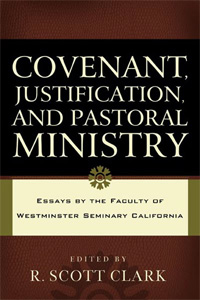The UK Guardian reported yesterday that Rome has reached a new low in reaching out to the Romanist equivalent of low-information voters. Low-sanctity penitents perhaps? Rome is now offering plenary indulgences to Romanists who follow Pope Francis’ tweets from Catholic Youth Day . . . Continue reading →
Heidelcast 28 With Lane Keister: Does The Federal Vision Theology Lead To Rome?
Thanks to the Wonderful Wizard of Web, who has been cleaning up the HB, we have found an orphaned episode of the Heidelcast from March, 2010. This was part 4 of a series with PCA pastor the Rev. Mr. Lane Keister, who . . . Continue reading →









